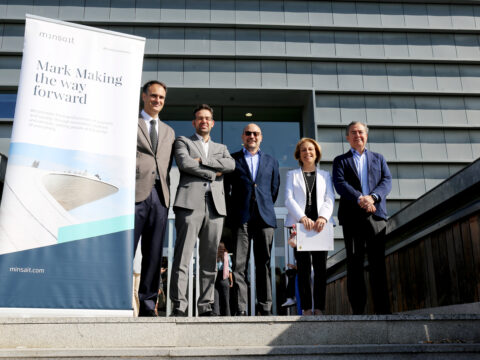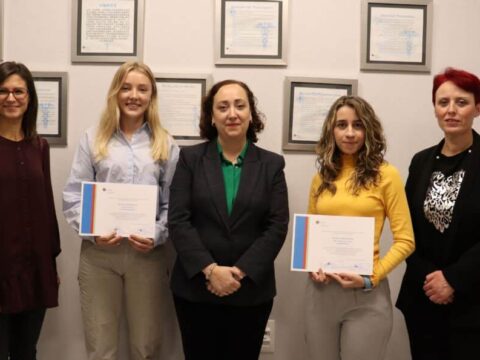
Circular economy needs specialized professionals
11 November, 2022
Universidad CEU San Pablo hosts the Employment Forum with the attendance of over 80 companies
17 November, 2022Artificial intelligence (AI) has a very important role in the life of thousands of millions of people. It can provide assistance in fields such as education, health or research as well as in the professional environments. However, along with its multiple advantages, these technologies also involve risks and challenges consequence of the malicious use of technology or the aggravation of inequalities and divisions for example.
In 2020 in Rome, “The Call for AI Ethics” was signed, an international network of higher education institutions sharing best practices, tools and academic content that meet regularly to implement updates, discuss innovative ideas and democratize solutions in ethics of Artificial Intelligence (AI).
Universidad CEU San Pablo has adhered to this initiative of the Academia Pontificia para la Vida, IBM, Microsoft, UN Food and Agriculture Organization (FAO) and the Italian Ministry for Innovation to promote an AI ethical approach respecting the dignity of all human beings. Therefore, it includes six basic principles: transparency, inclusion, responsibility, impartiality, reliability, security and privacy.
In line with this commitment IBM has helped the Academia Pontificia de la Vida to extend the call to higher education institutions to create a network of universities willing to share their ways to implement these principles on education and investigation.
Therefore the technologic company has held the global University encounter at IBM-Notre Dame Tech Ethics Lab of Notre-Dame University (Indiana, US) with the objective of giving the opportunity to the universities who want to connect with other universities and build and use technology focused on the human being in an inclusive and sustainable manner.
The purpose of this initiative is not only to guarantee that no one is excluded from technological progress but rather to expand such areas of freedom that could be threatened by algorithmic conditioning.







